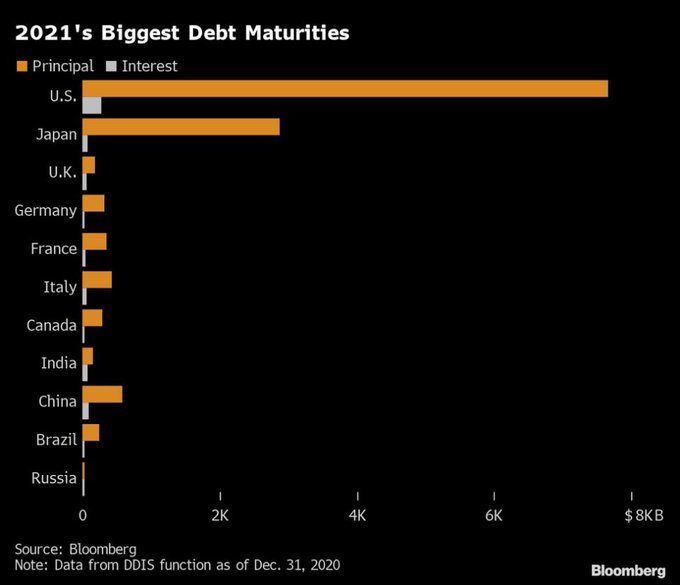Latest data released by Markit – 6 January 2021
- Composite PMI 49.1 vs 49.8 prelim
The preliminary report can be found here. The slight downwards revision comes amid some disappointment from Italy and a weaker revision to the German readings as well, but overall this still marks an improvement compared to November.
This reaffirms that economic activity is seen contracting at just a marginal pace in December while business confidence is glowing amid vaccine optimism. Markit notes that:
“The eurozone economy contracted for a second successive month in December, deteriorating at a slightly faster rate than previously thought at the end of the year due to intensifying COVID-19 restrictions. Service sector activity in particular fell more sharply than estimated by the earlier ‘flash’ PMI estimate, as more countries stepped up their fights against rising virus case numbers.
“While the data indicate a renewed decline in eurozone GDP in the fourth quarter, the downturn appears to have been far less severe than seen in the second quarter, thanks to sustained strong manufacturing growth, rising global trade and lockdowns having been less onerous than earlier in the year.
“Worse may be yet to come before things get better, especially as the latest survey data were collected before the news of the new – more contagious – strain of the virus. Service sector activity in particular looks likely to remain constrained by severe social distancing in the early months of the new year. The risk of a technical recession, with GDP also falling in the first quarter has therefore risen.
“More encouragingly, businesses grew more optimistic about their situation in one year’s time, reflecting the light at the end of the tunnel offered by vaccine developments. A recovery will hopefully be seen from the second quarter onwards.”
(more…)



